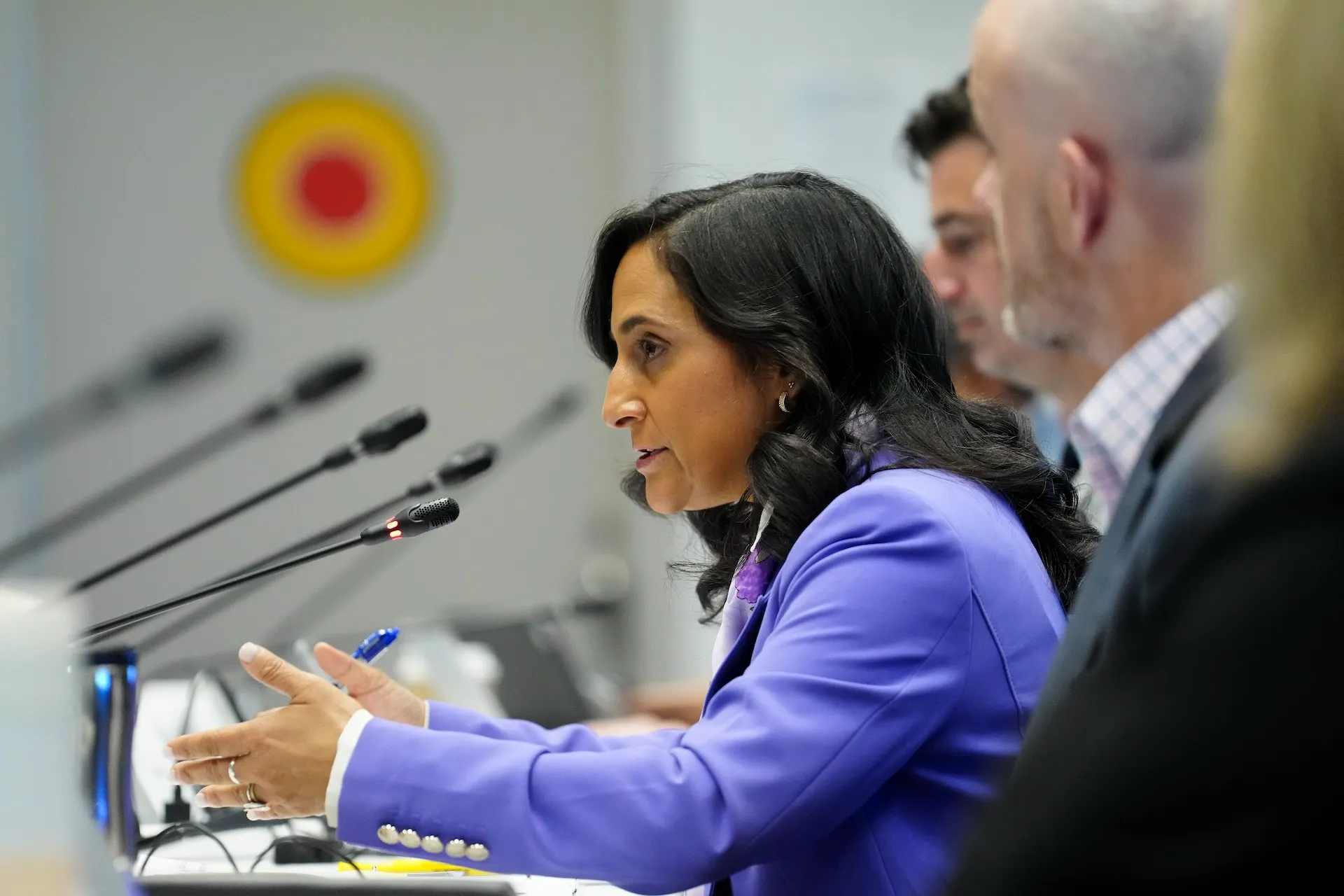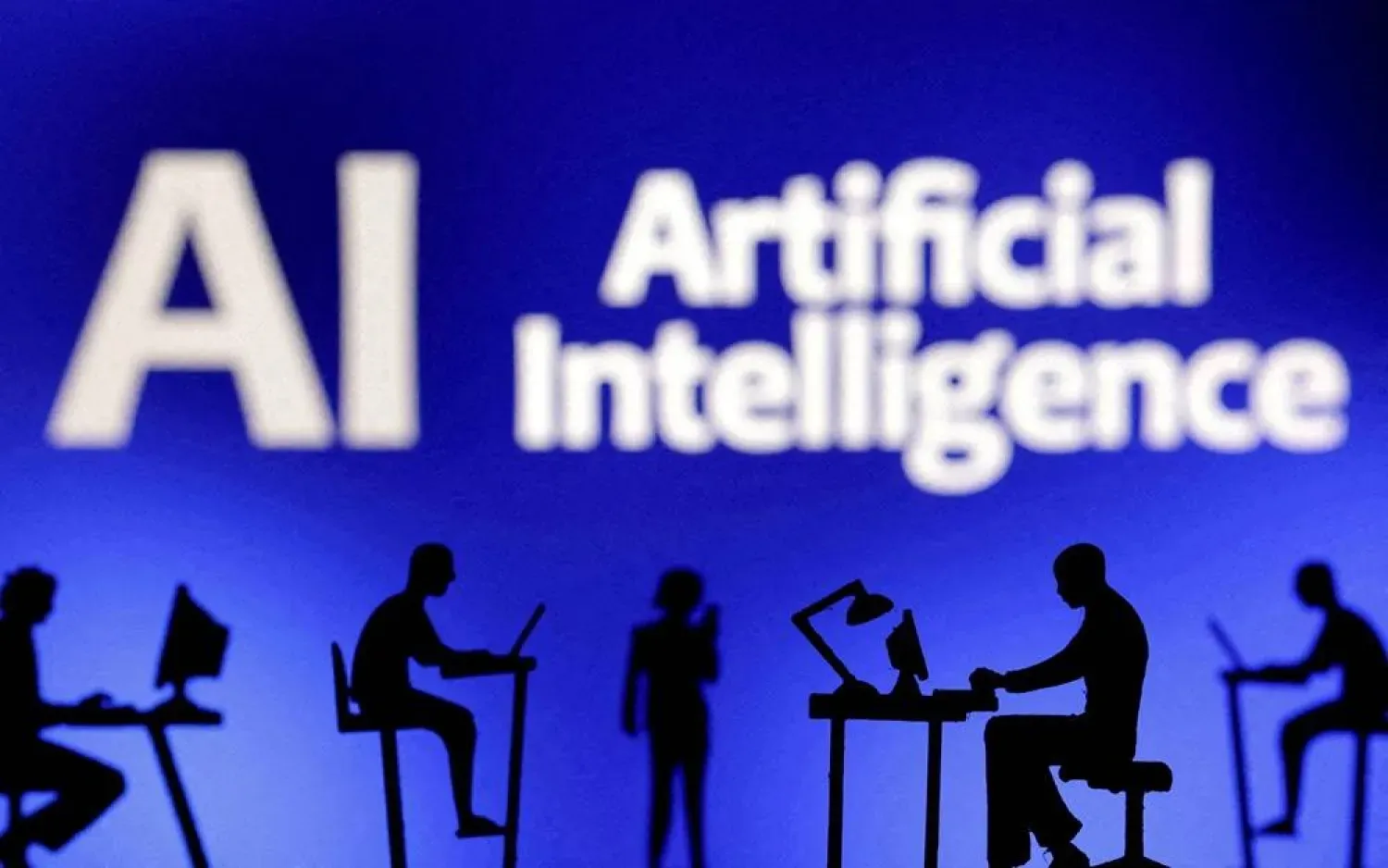As artificial intelligence (AI) becomes more ingrained in our daily lives, a new report from Pew Research Center has shed light on the widening gap between how the American public and AI experts view the technology’s potential. While experts remain generally optimistic about AI’s future, the public holds more cautious views, especially when it comes to its impact on jobs and personal life.
The results of the 2024 survey highlight a stark contrast in opinions, with experts expressing far more enthusiasm about AI’s potential benefits, while the general public remains skeptical and apprehensive about its consequences.

Experts Are Far More Optimistic About AI’s Impact
One of the most striking findings from the Pew Research Center’s report is how AI experts and the general public differ in their outlook on the future of AI in the United States. According to the data, 56% of AI experts believe that AI will have a positive impact on the country over the next two decades, compared to only 17% of U.S. adults who share the same sentiment.
AI experts are also more likely to embrace the technology, with nearly half of those surveyed (47%) expressing more excitement than concern over the growing use of AI in daily life. In stark contrast, just 11% of the general public feels the same way, with many people voicing increasing worries over AI’s influence on society.

The Public’s Concerns: Regulation and Control
While AI experts remain hopeful about the technological advancements, there is one area where both groups find common ground: the need for personal control over AI and concerns about inadequate regulation. Both AI experts and the public share a desire to have more influence over how AI is integrated into their lives. This mutual desire for control stems from fears that government regulation will not keep pace with the rapid advancements in AI technology.
The growing anxiety over AI’s potential to outpace government intervention has led to a widespread call for more stringent oversight. Both groups express unease about how the technology will evolve without sufficient regulatory frameworks in place to protect personal privacy, data security, and societal well-being.
Gender Differences in Expert Opinions
When looking specifically at AI experts, another notable trend emerges: men tend to be more optimistic about AI’s potential than women. This gender divide adds a layer of complexity to the ongoing discussion surrounding AI, with female experts expressing more concerns about the ethical implications and risks associated with AI technologies.
Despite the differences in opinion, there is broad consensus among experts that AI will have far-reaching effects on a variety of industries, including healthcare, finance, and entertainment. Still, the focus on creating a responsible AI framework remains paramount, as the technology’s transformative potential comes with significant challenges.

The Disconnect on AI’s Impact on Jobs
One of the more contentious issues in the AI debate is its potential to reshape the workforce. According to the Pew survey, 73% of AI experts believe that AI will positively impact how people perform their jobs over the next two decades. Yet, among the general public, just 23% share that optimism.
This gap in perception is particularly notable as it reflects the public’s growing unease about AI’s role in the workplace. While experts envision AI enhancing productivity and innovation, many Americans fear job displacement and the erosion of traditional roles in favor of automation.

The Future of AI: What Lies Ahead?
As AI continues to evolve, both experts and the public will need to navigate its promises and pitfalls. For experts, the future is filled with possibility, but for the American public, uncertainty reigns. The stark divide in views suggests that bridging the gap between these two groups will be essential for AI’s successful integration into society.
A key area of focus moving forward will be ensuring that both experts and the public are equally empowered to control how AI impacts their lives. Whether through government intervention, industry guidelines, or public education campaigns, the need for transparency and collaboration has never been greater.
In the end, the future of AI will depend not only on the technological advancements that lie ahead but also on how society chooses to shape its future.
By aligning efforts to manage AI’s growth responsibly, there is a chance for both groups to find common ground, ensuring that the benefits of AI are accessible to all while minimizing its potential risks.










